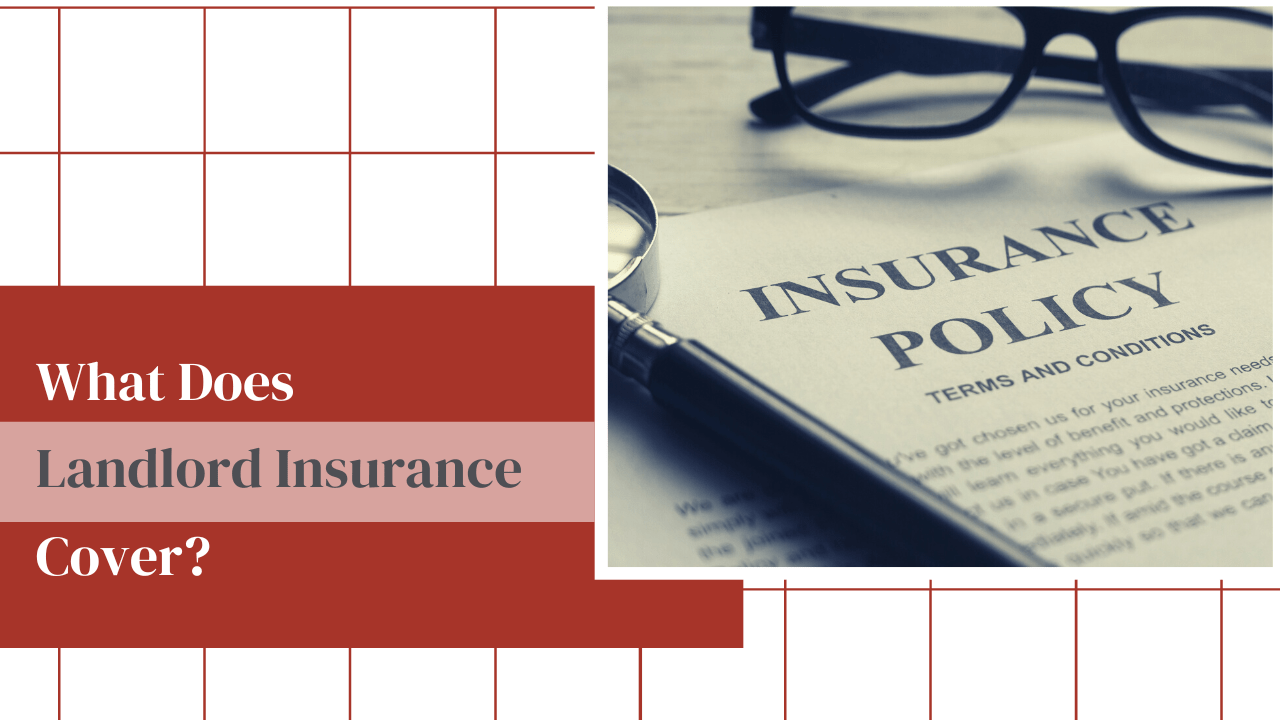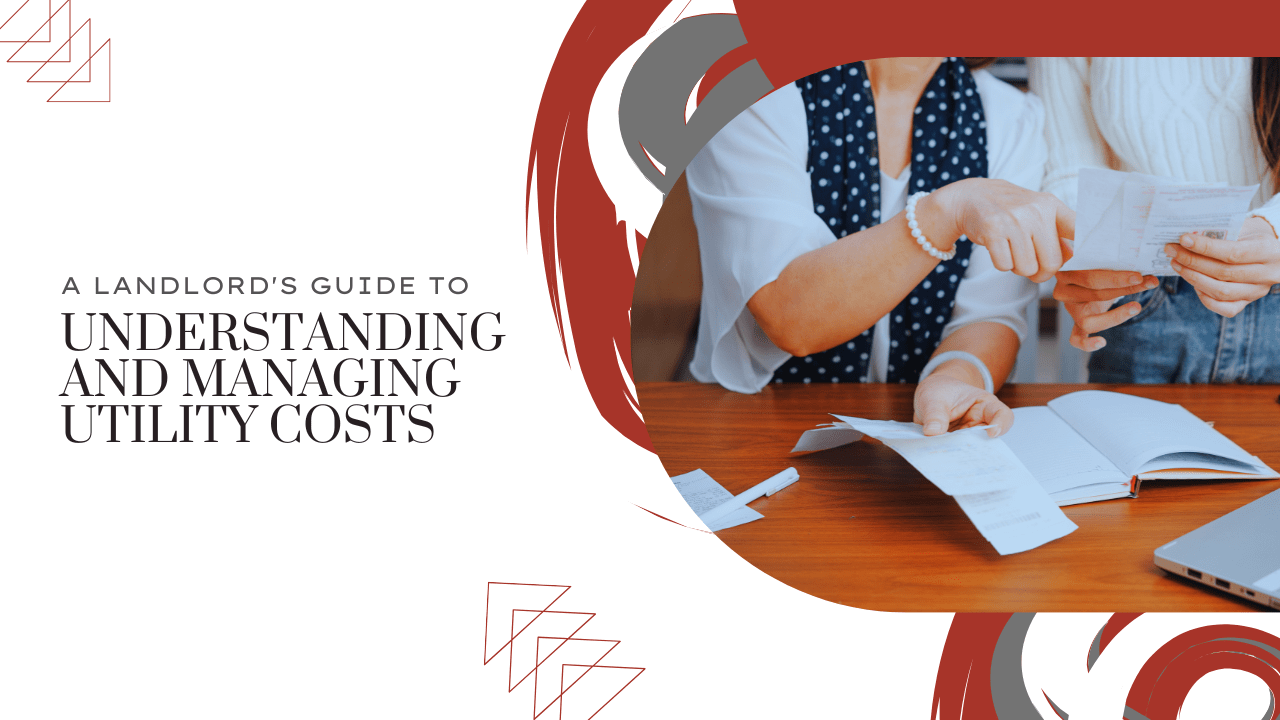If you haven’t taken a look at your landlord policy in a few years, you might need an update. Your property is likely worth more now than it was five years ago, and the policy amounts need to reflect that. If you only have $800,000 worth of coverage and your property is now worth a million dollars, you could come up short if there’s a fire and you need to rebuild.
What Does Landlord Insurance Cover?

Insurance is required to protect your investment property. You’ll need to repair or replace elements of your property if there’s an accident, property damage, or a natural disaster. You might have to rebuild the home from the ground up if there’s a catastrophe like a fire.
All of those potential disasters aside, you also need to protect yourself against liability. Renting out a home to tenants is risky. Someone could get injured and if you’re found to be negligent, the lawsuit damages could be financially painful.
Partner with a reliable insurance agent who can make recommendations about what you might need and where your coverage could be lacking. If you’re not working with an insurance agent for your landlord and property insurance, please talk to a
local property management company. We can give you some great referrals to some of the best agents we work with while we’re leasing and
managing properties.
Landlord Insurance Is Not Homeowners Insurance
Landlord insurance is similar to most insurance policies. You pay a premium and in exchange for that premium, certain losses are financially covered. If a pipe bursts and floods your kitchen, the insurance policy you have will cover the necessary repairs and replacements.
The landlord insurance you buy for a rental property is similar to the homeowner policy you buy for the house you live in, but there’s one key difference. A landlord policy covers the home, but not the contents in that home that belong to your tenant.
Don’t forget to convert your policy if you’re
renting out a home that you once lived in yourself.
Landlord Insurance and Liability
Landlord insurance will cover your building and its systems, functions, and appliances.
More importantly, your landlord insurance provides liability protection.
You need a comfortable amount of liability coverage. Anything can happen when tenants are living in your property. You want to remain protected if something happens and you’re sued. A tenant could fall down the stairs or a tenant’s guest could get injured in the driveway. You need to be prepared for any potential claim or legal action.
Landlord Insurance and Loss of Rent Coverage
There’s more to landlord insurance than structural protection and liability coverage. You also want to choose a policy that includes loss of rent coverage. It’s important to cover yourself in case you have to move your tenant out of the property.
Suppose there’s a sudden rainstorm or a fire that makes the home inhabitable. Your tenants will not be able to stay in the property, which means you may have to put them in a hotel or another property. If they can’t live in the property for an extended time, you’ll lose a lot of rental income in addition to paying out of pocket for costs like hotel bills. If your landlord policy doesn’t already include loss of rent coverage, consider adding it.
Updating Your Landlord Insurance Policy
We can help you with your landlord insurance if you’re not sure whether you’re adequately covered. Please feel free to contact us at SunWorld Group. We’d be happy to serve as your Southwest Washington property management resource.








